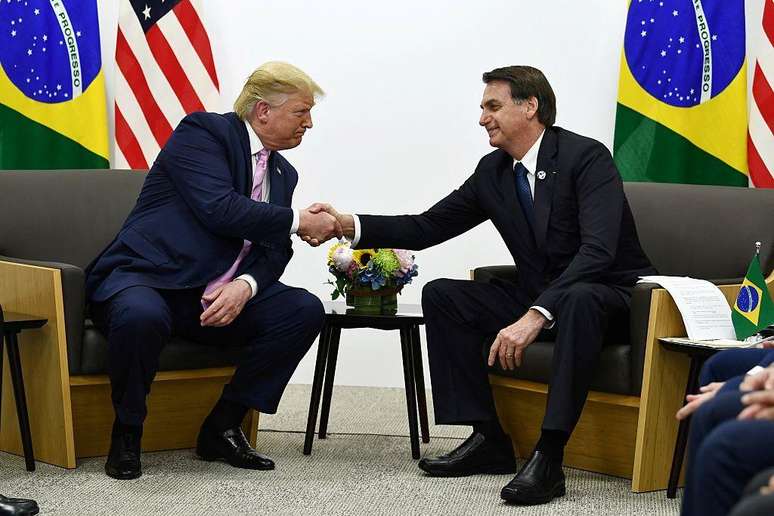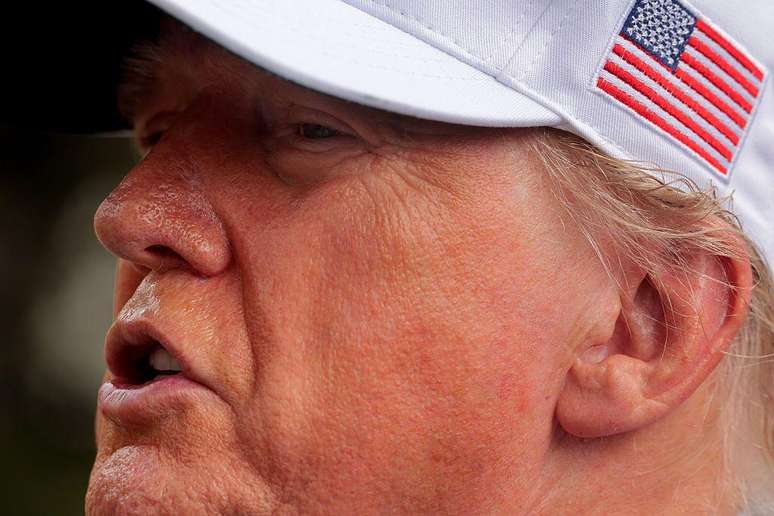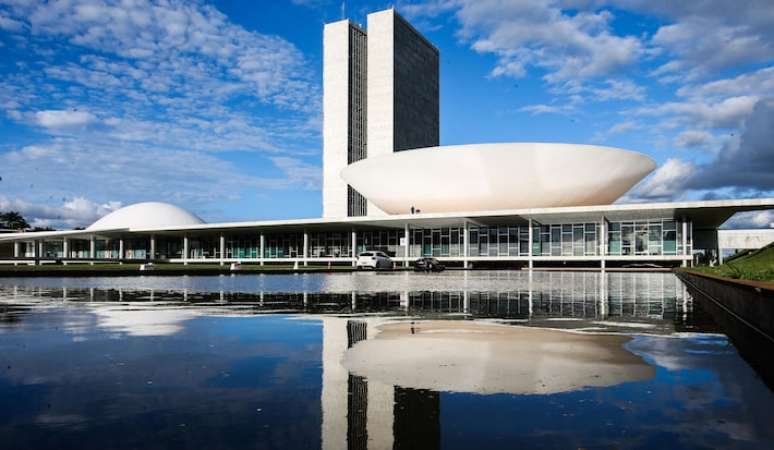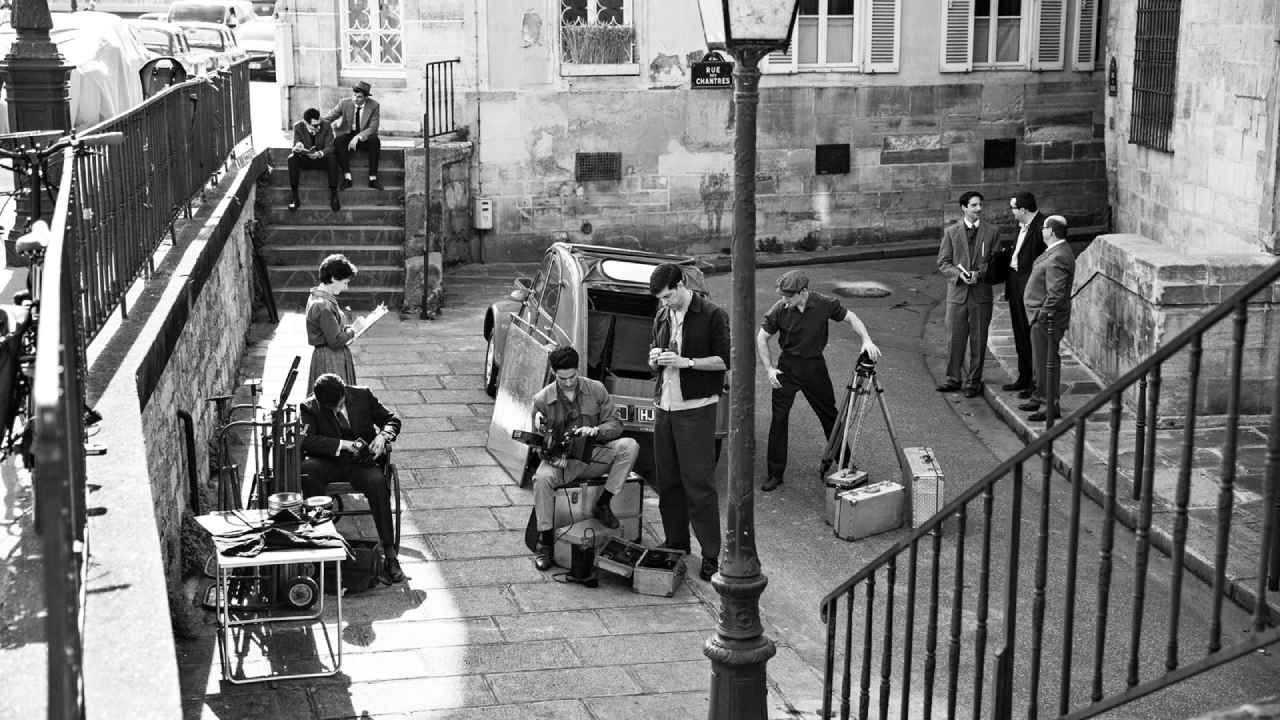Most of the Brazilians, 68%, agree that Brazil should give priority to agreements with other commercial partners, such as China and the European Union; Only 5% would be willing to cancel the trip to the United States due to the rate.
Faced with the announcement of the imposition of rates on national products by the President of the United States Donald Trump, the image of the United States has worsened only 38% of Brazilians.
This is what a new research conducted by Ipsos-Ipec has underlined throughout Brazil. According to the survey, before the rate, 48% said they had a great or good vision of the country.
After the protectionist measures, just over one out of three interviewees said that his vision changed for the worse.
However, for 51% of the Brazilians, the image of the United States remains the same, while 6% report an improvement in the perception of the country led by Trump.
The survey was conducted between 1 and 5 August 2025, before the rates came into force on August 6th. 2,000 older Brazilians or Brazilians were interviewed. The margin of error is 2 percentage points for more or less.
The survey also questioned the interviewees on the nature of the measures announced by Trump. And for 75% of the Brazilians, the rate is based on a political question.
Only 12% of interviewees make the increase in rates as a purely commercial decision, while 5% said they believe that they were both commercial and political issues.
The imposition of 50% rates on Brazilian products was announced by Donald Trump in July.
The President of the United States argued that the measure was a retaliation of the case in the Supreme Court (STF) against his ally, the former president Jair Bolsonaro (PL) for an alleged attempt called coup d’état.
The taxation came after an intense campaign of penalties against Brazil led by the authorized Federal Eduardo Bolsonaro (PL-SP), which currently lives in the United States.
Shortly before the entry into force of the rates, the United States government confirmed an exemption to almost 700 Brazilian products. More than 3,800 articles, however, have been taxed.
Vision as a reflection of political polarization
When the theme is the possible reactions of Brazil at the rate, the Brazilian population is extremely divided, in the reflection of the political polarization recorded in the 2022 elections.
The idea that “Brazil should re -evaluate its commercial partnership and the distance from the United States” divides public opinion: 47% do not agree, while 46% agree.
But while 61% of the Brazilians who voted for President Luiz Inacio Lula da Silva in the last elections supports the distance, 65% of the voters of the former president Jair Bolsonaro opposes.
The proposal that Brazil should respond in the same coin, applying high rates on American products, also generates a division. While 61% of Lula’s voters support retaliation, 56% of those who claim to have voted for Bolsonaro are against the measure.

The point of most of the convergence is the need to diversify company partnerships. Most of the Brazilians, 68%, agree that Brazil should give priority to the agreements with other commercial partners, such as China and the European Union (EU).
“Research shows national polarization: distance or retaliation reactions are an almost perfect mirror of the political division of the second round of 2022, indicating that foreign policy has become another internal ideological battlefield,” says Cavallari, director of Ipsos-Ipe, in a declaration issued by the survey.
Cancel travel products and abandon?
The IPSOS-IPEC survey also questioned the Brazilians on what would be willing to do if the rate compromises the Brazilian economy and 39% said they accepted the priority consumption of national products in this situation.
Among the interviewees, 22% said they were willing to stop buying US products and 9% said they support Brazilian politicians who defend the distance of the United States, looking for agreements with other countries.
But only 5% mentioned the cancellation or transfer of travel plans to the United States as an possibility.
Only 3% of Brazilians said they were willing to use social networks and public spaces to criticize the measure adopted by Donald Trump, while 10% would not be willing to take any measure.
Source: Terra
Rose James is a Gossipify movie and series reviewer known for her in-depth analysis and unique perspective on the latest releases. With a background in film studies, she provides engaging and informative reviews, and keeps readers up to date with industry trends and emerging talents.






